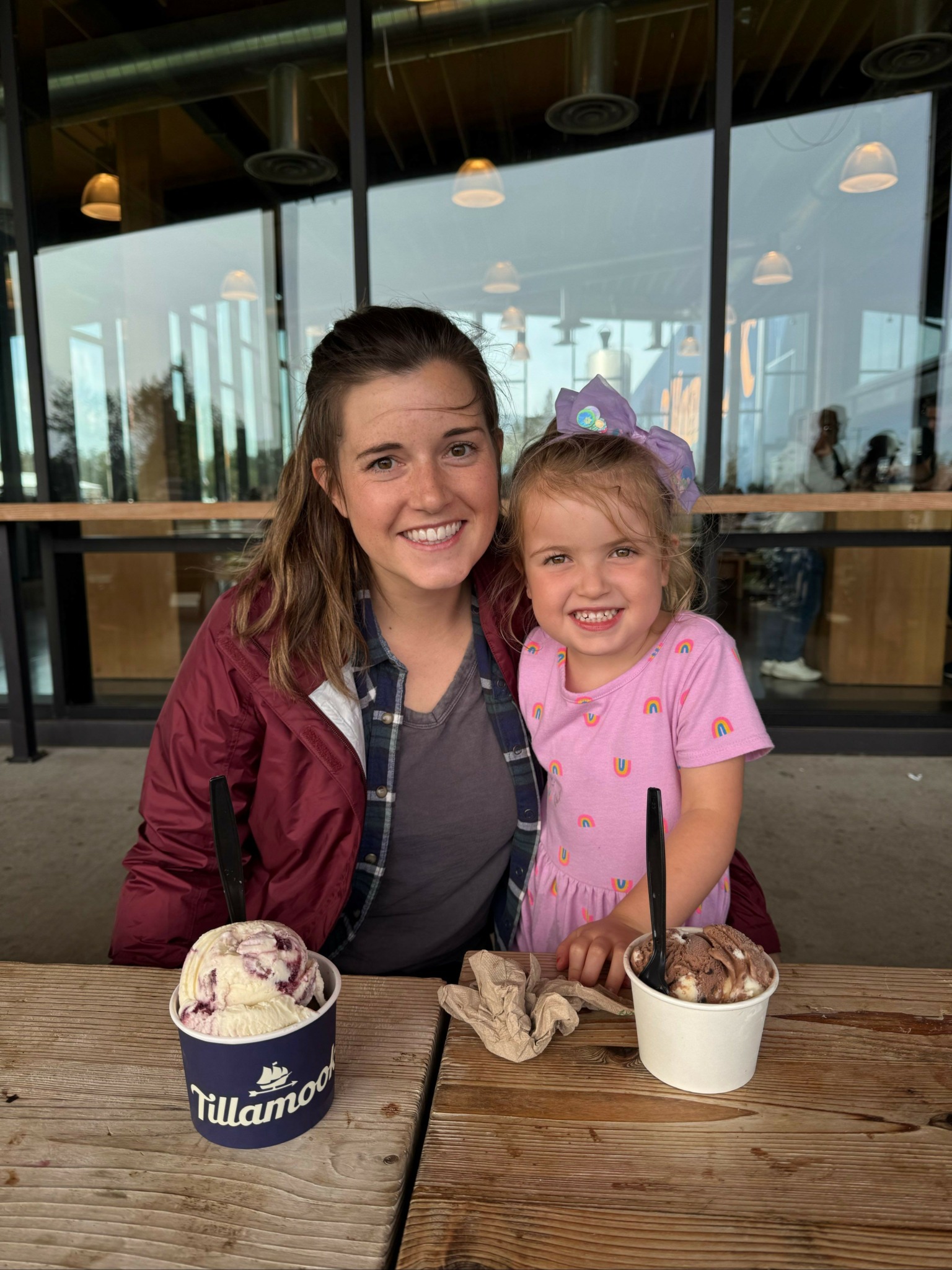We recently connected with Sarah Rae and have shared our conversation below.
Sarah, thanks for joining us, excited to have you contributing your stories and insights. Do you think your parents have had a meaningful impact on you and your journey?
My mom raised me with the narrative that the story we tell ourselves about our lives is what we will be. She constantly affirmed the message that I’m intelligent and capable. My parents had me very young, and my mom took classes in the evenings to further her career and pursue her dream of being a teacher. When I was eleven, she got accepted into a teaching program and moved our family to a new time so that she could pursue her dreams. This was very hard for all of us, but seeing her do that has impacted me. It helped me see that no matter how challenging a situation is, it’s important to make things happen for yourself and pursue what makes you happy. Combining the messages my mom told me and seeing her achieve her goals has given me the confidence to pursue my dreams.

Sarah, love having you share your insights with us. Before we ask you more questions, maybe you can take a moment to introduce yourself to our readers who might have missed our earlier conversations?
I’m a registered dietitian specializing in women’s health, specifically endometriosis and fertility. As an undergraduate, I attended a conference where I saw a fertility dietitian speak. I was blown away by nutrition’s impact on helping women have babies. From that moment, I knew I wanted to work in women’s health. I spent several years doing other things such as long term care, weight loss, eating disorders, and management but I kept dreaming about my own practice. I finally had the opportunity to launch my business about a year ago and was focusing on general women’s health issues. I have endometriosis, and because this diagnosis was missed in me for more than 15 years, I decided to screen women for symptoms as a part of my assessment. I was blown away by how many people didn’t realize that the symptoms they were experiencing were not normal. From my own journey, I knew there was a hole in the market and decided to pivot my focus to endometriosis and fertility.
People who have endometriosis suffer from chronic pain, heavy or irregular bleeding, constipation, diarrhea, nausea, food intolerances, and fatigue. In recent years, endometriosis has become a hot topic, and there is a ton of bad information in diet books, support groups, social media, and from doctors about nutrition for endometriosis. I help people find evidenced-based ways to heal their gut, nourish their bodies, improve their symptoms, and improve their relationship with food without restrictive dieting. I do this through patient-centered 1:1 nutrition counseling. I offer meal planning services and connect patients with other providers who are also passionate about quality endometriosis care (physical therapists, accupuncture, surgeons, mental health, etc). For those that aren’t able to access me, I also offer information on nutrition for endometriosis and fertility through my blog.
When people have endometriosis, they are often dismissed. I schedule 60 to 90-minute appointments with my clients so that they have the time and space to help me understand their whole health history and share their endometriosis story. I think this is healing for many people and it is really important to me to understand where they are coming from before I provide another strategy for improving their symptoms. As someone who also has endometriosis and fertility issues, I know first-hand what it is like to be seeking answers and leave a providers office feeling gaslit and misunderstood.
I am incredibly proud of the work that I do and I’m learning every day. It’s important to understand that endometriosis is something that we are all still learning about. When I approach nutrition for endometriosis, I think about what we can add rather than what we can take away. The last thing that I want to do is introduce food restrictions and take away the joy from eating in someone who is already struggling with pain in their daily life. Any service, blog post, program, reel, etc, that I offer is coming from the lens of someone who is struggling with the same things and wants to find real and attainable solutions for people in the endometriosis community.

Putting training and knowledge aside, what else do you think really matters in terms of succeeding in your field?
It is important to be a lifelong learner and take risks. I started my practice with a vision and took small steps toward building it daily. Collaborating with other providers and dietitians is so helpful. I have learned so much from working with others who are seeing similar clients in my field and from mentorship from other private practice dietitians.

What do you think helped you build your reputation within your market?
Approaching endometriosis and fertility with evidence-based approaches has been very helpful. People know how to eat healthy, but the “why” behind your recommendations makes all the difference. I also took the time to meet with other providers to learn more about them and their clients needs rather than just approaching networking as selling myself. Both patients and other providers want you to learn about them and meet them where they are at. Approaching my practice as trying to solve problems for people rather than focusing on the bottom line has been really helpful for reputation building.
Contact Info:
- Website: https://sarahraerdn.com
- Instagram: @endonutrition.pnw
- Facebook: https://www.facebook.com/sarahraerdn
- Linkedin: https://www.linkedin.com/in/sarah-rae-1a18b52b/


Image Credits
Tawny Storm Photography


